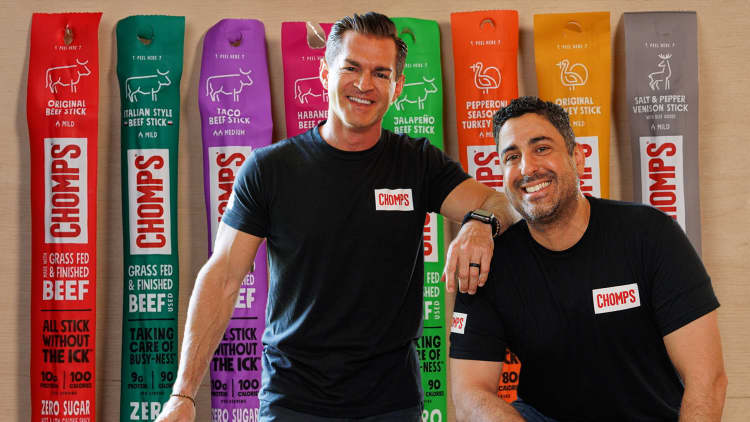Whether you're an active cryptocurrency trader or you've dabbled in the word of virtual currency, the IRS wants to know.
In fact, one of the first questions on Form 1040, which is used by most people to file their tax returns, asks the following: "At any time during 2023, did you: (a) receive (as a reward, award, or payment for property or services); or (b) sell, exchange, or otherwise dispose of a digital asset (or a financial interest in a digital asset)?"
This year, the term "digital assets" replaced "virtual currencies," which was used in previous years. The IRS defines digital assets as "a digital representation of value recorded on a cryptographically secured distributed ledger or similar technology." It names crypto, stablecoins and non-fungible tokens as examples.
While most people who haven't used digital tokens will likely be able to check "no" for this question, those who are active in the crypto realm should pay close attention, says Shehan Chandrasekera, a certified public accountant and head of tax strategy at crypto tax software company CoinTracker.
"If you're in the crypto space and you do any transactions, it's really hard for you to say no for that question," he tells CNBC Make It. "The question is very broad and captures a lot of things."
When to check 'yes'
Here are five instances when you should check "yes" on the digital asset question listed on Form 1040.
- Cashing out your crypto: If you sold crypto or other virtual assets and received cash, you'll need to report that on your taxes, Chandrasekera says.
- Trading digital coins: You'll need to report to the IRS if you swapped one digital coin for another one, such as trading bitcoin for ether.
- Earning crypto: This can mean a couple of things, including if you received a digital asset as payment for goods or services, or if you earned rewards from something like staking, which is when you earn funds from locking up your crypto on a blockchain in order to help validate transactions.
- Spending crypto: If you used crypto to pay for goods and services, such as buying pizza.
- Crypto-specific activities: These are other activities that typically only happen within the crypto space and weren't mentioned previously. For instance, if you receive crypto as a result of an airdrop or a hard fork, which is when a blockchain splits into two branches resulting in a single cryptocurrency being split into two separate ones.
When to check 'no'
There are a few cases when crypto traders would be able to check "no" as well.
You can answer "no" if you're simply buying crypto with fiat currency, such as U.S. dollars, holding crypto in your own wallet or transferring your crypto from one wallet you own to another you own, Chandrasekera says.
As always, it's a good idea to consult with a tax professional to discuss your specific situation to make sure you're filing the out forms correctly.
But don't make the mistake of thinking that the IRS isn't able to see your crypto transactions and therefore you don't need to report them.
"There are so many ways the IRS knows you've interacted with crypto," Chandrasekera says. "If you don't report something, there are going to be penalties." Those penalties can range from being audited to potentially being hit with criminal charges.
Check out the IRS's website for more information on what triggers a taxable event when dealing with digital assets and how to report income from digital assets on your taxes.
Want to make extra money outside of your day job? Sign up for CNBC's new online course How to Earn Passive Income Online to learn about common passive income streams, tips to get started and real-life success stories. Register today and save 50% with discount code EARLYBIRD.
Plus, sign up for CNBC Make It's newsletter to get tips and tricks for success at work, with money and in life.



